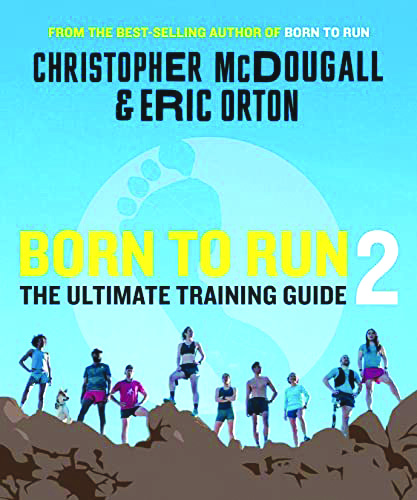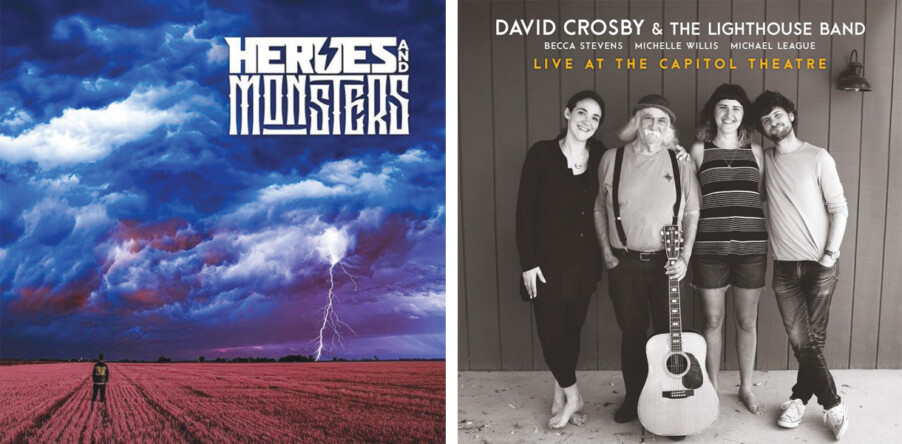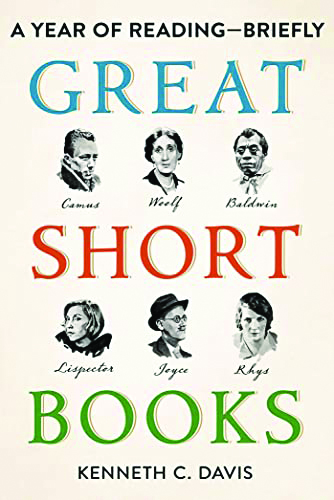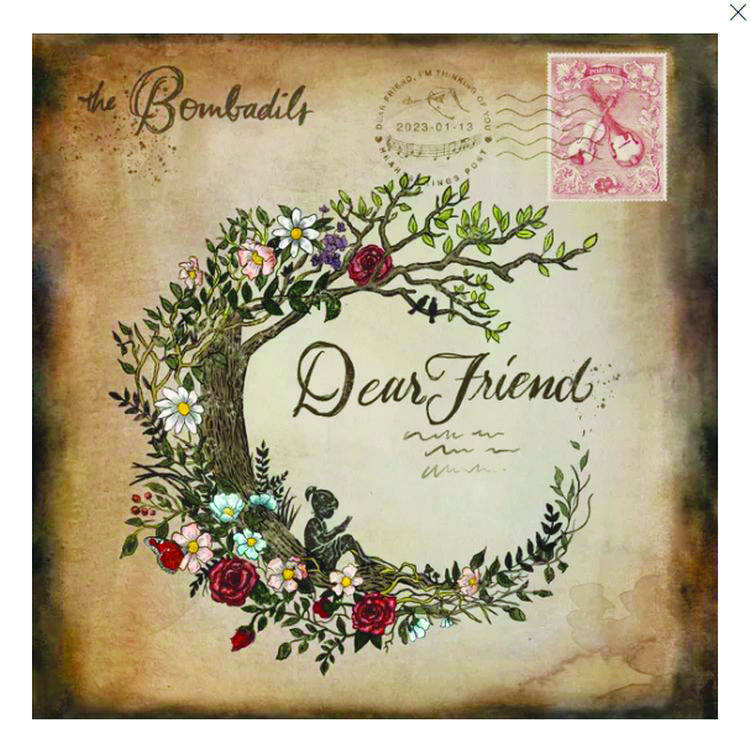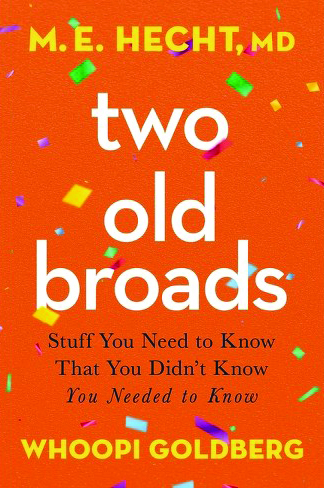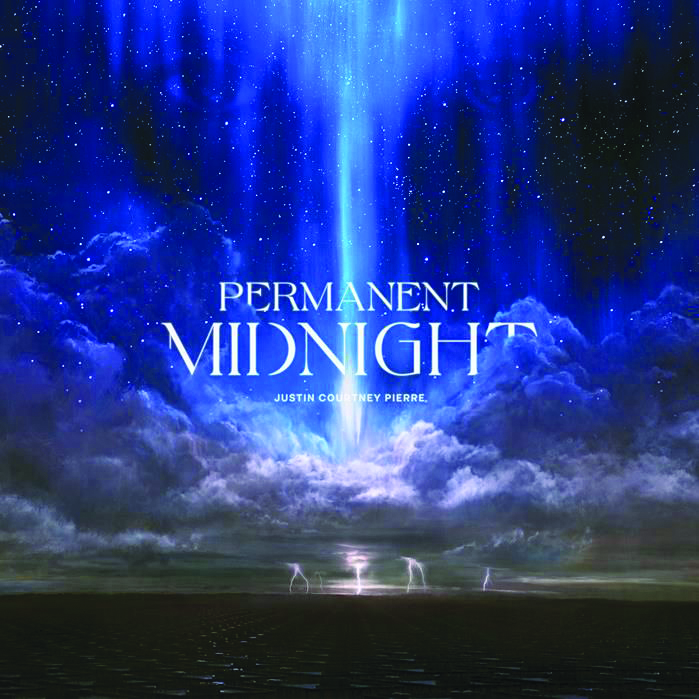If starting (or restarting) an exercise program is one of your new year resolutions, Christopher McDougall can help you achieve it.
McDougall, a former war correspondent for the Associated Press, fell into a second career when he started writing about running. His 2011 book Born to Run had the effect of an incendiary device in the running community because it challenged the notion that runners need expensive shoes. Now he is back, with Eric Orton, for Born to Run 2.
Like the first book, which examined the athletic prowess of members of a tribe who can run for hundreds of miles without the accoutrement that most modern runners think they need, Born to Run 2 introduces us to some fascinating people, like a woman who was formerly 300 pounds but now runs regularly as a form of prayer. But this is essentially a training manual for regular people, especially people who have been told they can’t run, and people who find running tedious or hard.
McDougall argues that running is a natural state for the human body — “if it were difficult, we’d be extinct.” The earliest humans — for whom running was an occupation, not an interruption of the day — were able to survive in unforgiving circumstances not only because of their brains, but because they were able to run long distances. They weren’t faster than the animals they pursued, but since they could sweat and their prey couldn’t, they could outlast them by running until the animals collapsed. “Evolution doesn’t reward pain; it rewards joy,” the authors argue. For the modern human, “If it feels like work, you’re working too hard.”
Or running all wrong.
Most runners, even longtime ones, run wrong and in shoes that bring on injury. McDougall and Orton are particularly critical of the “squishy” shoes that are all the rage. While shoes that are padded and gel-packed may feel comfortable to stand in, they too much separate the foot from the ground, making our feet land unnaturally and preventing us from feeling the useful discomfort that should be the signal to run differently. They are equally disdainful of much common running advice:
“‘Listen to your body’ may be the only fitness advice more useless than ‘We are all an experiment of one.’ You and your body don’t speak the same language. You have no idea what each other is saying,” they write. “Your body still believes that on any given day it needs to run to find a mate, or fresh water, or a safe hideaway for the family before glowing eyes emerge from the dark.”
What advice does work? McDougall and Orton break it into seven fundamental steps: food, fitness, form, focus, footwear, fun and family. Yes, a cynic might say the sum total of the advice can be reduced to “eat less, exercise more,” but they offer counterintuitive, actionable steps to help us get to that point whether we are beginners or veteran exercisers who need a reboot.
For example, they point out that most runners focus on how they can run longer, not how they can run better (which would lead to running longer, and without injury). To run better, they maintain, takes all of 10 minutes to learn — in the comfort of your home, barefoot, with music. Your natural running form emerges when running in place, back to the wall, to songs set to a certain number of beats per minute — they recommend “Rock Lobster” by the B-52s, but they also offer other choices such as The Beatles’ “Help!” and Led Zeppelin’s “Rock & Roll.” Once you can feel how you’re supposed to run, it’s just a matter of practice out on the road or trail, they say.
They also promote a lifestyle full of what they call “movement snacks” — bite-sized stretches and movements throughout the day to keep us limber and emotionally in check. “The more you move, the more emotionally safe you’ll feel. The safer you feel, the happier and less anxious you’ll be.”
As for food, they advocate a diet heavy in sustainably sourced meat and cheese. “There is no ethical argument that can be made in support of commercial meat production,” they write, but with our carb- and sugar-rich diets today, our bodies have forgotten how to use fat as fuel, which is why so many people are obese. They prescribe a two-week “factory reset,” eating no foods that are high glycemic.
And of course, they take on running shoes, which they call “the most destructive force to ever hit the human foot.”
“If the Food and Drug Administration were in charge of running shoes, they’d be announcing a recall and yanking them off the shelves,” they write, citing a study that found people who ran in expensive running shoes bought after a gait analysis at a running-shoe store suffered five times as many injuries as people who hadn’t had that kind of “help.”
Minimalist shoes, however, had a short shelf life, and there’s little pleasure in running barefoot in New England in winter. There are some brands the authors recommend that can be ordered online, but at minimum, they recommend taking out the insole liners of your current shoes for immediate improvement. McDougall and Orton also offer advice on a number of other running topics, including best practices for running with dogs.
Some of their recommendations may be radical, but Born to Run 2 is engaging and for the most part convincing. It can be read without having read the first book, but for maximum inspiration, start with the first and proceed to the second. B+

